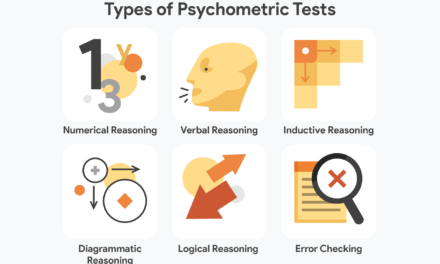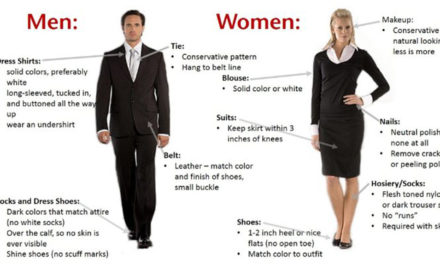When faced with a difficult question, make sure you stay calm, don’t get defensive, and take a moment to think about your response before you answer.
Remember, these answers are only suggestions. Try to personalize your response as much as possible.
Q: Why do you want to leave your current employer?
A: State how you are looking for a new challenge, more responsibility, experience and a change of environment. Do not be negative about your reasons for leaving. It is rarely appropriate to cite salary as your primary motivator.
Q: What is your greatest weakness?
You have two options – use a professed weakness such as a lack of experience (not ability) on your part in an area that is not vital for the job. An example would be, ‘I know my team thinks I’m too demanding at times – I tend to drive them pretty hard, but I’m getting much better at using the carrot and not the stick.’
Question: Tell me about yourself.
A: Identify some of your primary attributes and memorize them. Describe your qualifications, career history and range of skills, emphasizing those skills relevant to the job on offer.
Q: What is the most challenging situation you have had to face, and how did you tackle it?
A: The purpose of this question is to find out what your definition of awkward is and whether you can show a logical approach to problem-solving. Quickly explain in a few sentences and a positive way a difficult work situation that was not caused by you.
Q: What do you dislike about your present job?
A: Be cautious with this answer. Portray your answers as someone who takes problems and frustrations in your stride as part of the job.
Q: What have your achievements been to date?
A: Select an achievement that is work-related and relatively recent. Identify the skills you used in your success and quantify the benefit it had to the company.
Possibly,. ‘my greatest achievement has been to design and implement a new sales ledger system, bringing it in ahead of time and improving our debtors’ position significantly, saving the company $50,000 per month in interest’.
Q: Are you happy with your career to date?
A: This question is really about your self-esteem, career and confidence aspirations. The answer must be ‘yes,’ followed by a brief explanation of your career so far that’s made you happy. If you have hit a career plateau, or you feel you are moving too slowly, then you must qualify your answer.
Q: What do you like about your present job?
A: This is a straightforward question. Make sure that your ‘likes’ correspond to the skills etc. required for the job on offer. Be enthusiastic; describe your role as exciting and diverse but do not overdo it – after all, you are looking to leave.
Here is a valuable insight into the world of interview questions and the techniques best used to answer them.
Some questions frequently asked in interviews should help you prepare your answers beforehand. The key things to remember when responding to interview questions are to keep your answers relevant, brief and to the point.
Q: Why have you applied for this particular job?
A: The employer is looking for evidence that the job suits you, fits in with your general aptitudes, coincides with your long-term goals and involves doing things you enjoy. Make sure you have a good understanding of the organization and the role and describe the attributes of the company that interests you most.
Q: What are your strengths?
A: This is one question that you know you are going to get, so there is no excuse for being unprepared. The interviewer might ask you to provide examples, so be prepared.
Other questions to consider:
How does your job fit into your department and company?
What do you enjoy about this industry?
Give an example of when you have worked under pressure.
What kinds of people do you like working supporting?
Give me an example of your work for critique.
Give me an example of when you have felt anger at work. How did you cope and did you still perform a good job?
What kind of people do you find challenging at work?
Give me an example of when you haven’t got along with others.
Tell me about the last time you disagreed with your boss.
Give me an example of when you have had to face a conflict of interest at work.
Do you prefer to work alone or in a group? Why?
This organization is very different from your current employer – how do you think you are going to fit here?
What are you looking for in a company?
How do you measure your performance?
What kind of pressures have you encountered at work?
Are you a self-starter? Give me examples to demonstrate this?
What changes in the workplace have caused you difficulty, and why?
How do you feel about working long hours and weekends?
Give me an example of when you have been out of your depth.
What have you failed to achieve to date?
What can you bring to this organization?
When faced with a difficult question, make sure you stay calm, don’t get defensive, and take a moment to think about your response before you answer.
To show yourself in a positive light, select a stressful work situation that was not caused by you and told in a few sentences. Give your answer as someone who takes problems and frustrations in your stride as part of the job.
You may need to give examples, so be prepared.
An example would be, ‘I know my team thinks I’m too demanding at times – I tend to drive them pretty hard, but I’m getting much better at using the carrot and not the stick.’
©David Turner, Wordscapes®




